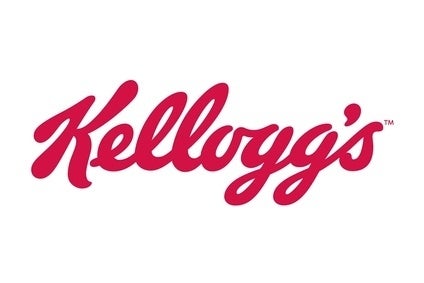
Kellogg has outlined plans to remove artificial colours and flavours from its branded cereals in North America.
The company has carried out some work to cut the ingredients from its range in the market.

Discover B2B Marketing That Performs
Combine business intelligence and editorial excellence to reach engaged professionals across 36 leading media platforms.
Paul Norman, senior vice president for Kellogg's North American operations, said yesterday (4 August) the company had set a target for further moves over the next three years.
"We know consumers are looking for foods with simpler ingredients and work is well underway to answer that call. Already in North America, 75% of our cereals are made without artificial colors, and more than half are made without artificial flavors. Further, we have been working to remove artificial colours and flavours across Kellogg's branded cereals and a variety of Kellogg's branded snack bars as well as Eggo frozen foods. Our goal is to complete this transition by the end of 2018," Norman said.
Kellogg is the latest food company to remove artificial ingredients from products as consumers show increasing interest in so-called cleaner, or simpler, foods.
The company's announcement came as it announced its second-quarter and half-year results.

US Tariffs are shifting - will you react or anticipate?
Don’t let policy changes catch you off guard. Stay proactive with real-time data and expert analysis.
By GlobalDataKellogg reported underlying second-quarter sales that beat analyst forecasts and insisted trends in its US cereal business were improving – but the Special K maker posted declining half-year revenue and profits.
Comparable net sales hit US$3.48bn in the quarter that finished on 4 July. According to Bloomberg, analysts had estimated sales would reach $3.46bn.
Kellogg, which has seen its domestic cereal business come under pressure in recent quarters, said it had seen an "improvement" in its "US cereal share trends in the second quarter".
However, for the first half of the financial year, Kellogg reported net income fell 35.9% to US$450m. Comparable net income, which excludes factors like the impact of Kellogg's Project K restructuring programme and a re-measurement of profits from Venezuela, fell 8% to $677m.





